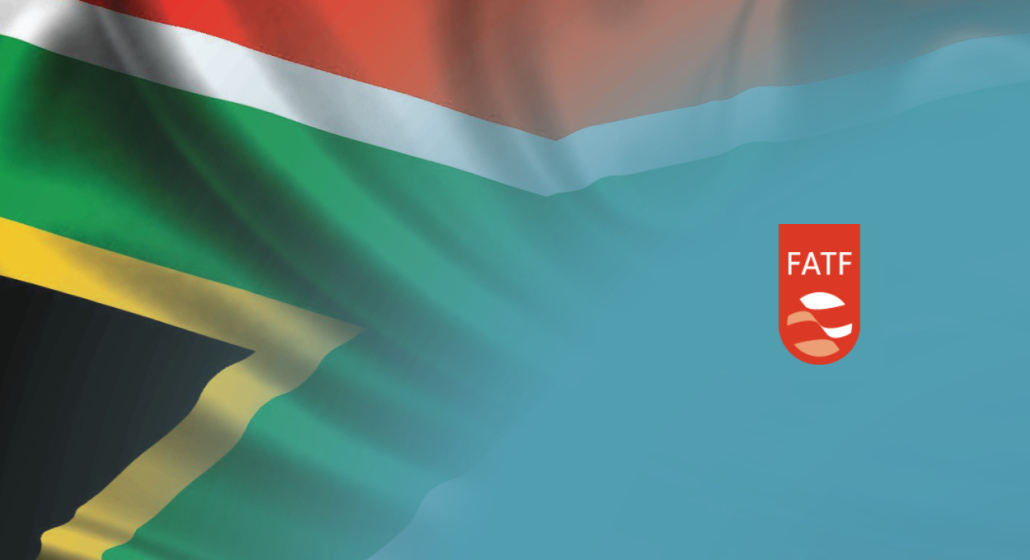In February this year we reported that South Africa had addressed all but two of the action items highlighted as regulatory weaknesses by the Financial Action Task Force (FATF), after a mutual evaluation review in 2021. This resulted in the country’s unwelcome debut on the FATF grey list in February 2023.
The FATF is the international standard-setting body that oversees global compliance with anti-money laundering (AML) and counter financing of terrorism (CFT) rules. Its grey list refers to Jurisdictions under Increased Monitoring¸ which have been identified as having gaps in their legislation in this regard. Countries placed on this list are “actively working with the FATF to address strategic deficiencies in their regimes to counter money laundering, terrorist financing, and proliferation financing. When the FATF places a jurisdiction under increased monitoring, it means the country has committed to resolve swiftly the identified strategic deficiencies within agreed time frames and is subject to increased monitoring”.
Those two outstanding items have now been resolved, according to the FATF. The organisation announced, after its June plenary, its acknowledgement that “South Africa has substantially completed its action plan and warrants an on-site assessment to verify that the implementation of AML/CFT reforms has begun and is being sustained, and that the necessary political commitment remains in place to sustain implementation in the future.”
The on-site inspection will be conducted by the FATF Africa Joint Group (JG) before the next plenary in October. If the JG is satisfied, South Africa will be delisted at that meeting.
State capture’s legacy
This work is particularly important for South Africa in light of the years of state capture, during which law enforcement and prosecuting institutions were deliberately weakened, said National Treasury in a statement following the most recent FATF announcement.
“Improvements in these domains are critical not just for getting off the grey list, but for strengthening the fight against crime and corruption, and for contributing to the integrity of the South African financial system.”
Exiting the grey list, therefore, is a significant step forward as South Africa continues to improve and strengthen its supervisory and criminal justice systems, the treasury added.
Important reforms include:
- demonstrating a sustained increase in outbound mutual legal assistance requests that help facilitate ML/TF investigations and confiscations of different types of assets in line with its risk profile;
- improving risk-based supervision of Designated Non-Financial Businesses and Professions and demonstrating that all AML/CFT supervisors apply effective, proportionate, and effective sanctions for non-compliance;
- ensuring that competent authorities have timely access to accurate and up-to-date beneficial ownership information on legal persons and arrangements and applying sanctions for breaches of violation by legal persons to such obligations;
- demonstrating a sustained increase in law enforcement agencies’ requests for financial intelligence from the Financial Intelligence Centre for its ML/TF investigations;
- demonstrating a sustained increase in investigations and prosecutions of serious and complex money laundering and the full range of TF activities in line with its risk profile;
- enhancing its identification, seizure, and confiscation of proceeds and instrumentalities of a wider range of predicate crimes, in line with its risk profile;
- updating its TF Risk Assessment to inform the implementation of a comprehensive national counter financing of terrorism strategy; and
- ensuring the effective implementation of targeted financial sanctions and demonstrating an effective mechanism to identify individuals and entities that meet the criteria for domestic designation.
In the same post-plenary statement, the FATF announced the delisting of Mali and Tanzania, and said that Nigeria, Mozambique, and Burkina Faso were also deemed to have substantially completed their action plans and have earned on-site assessments.
At the same time, Bolivia and the UK’s Virgin Islands were added to the grey list.

